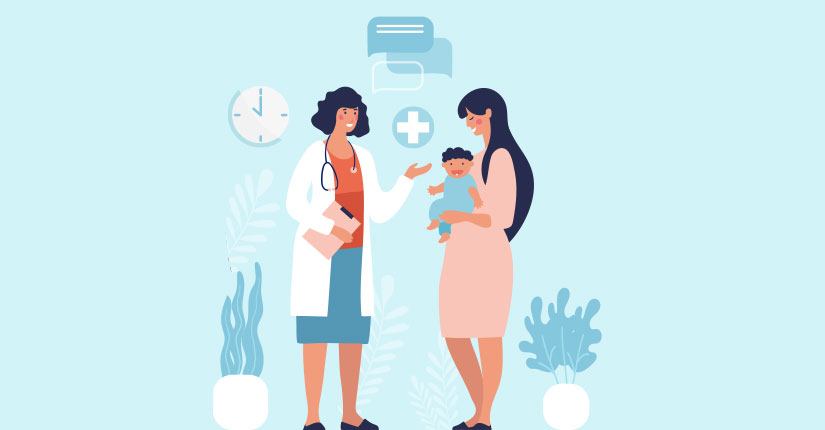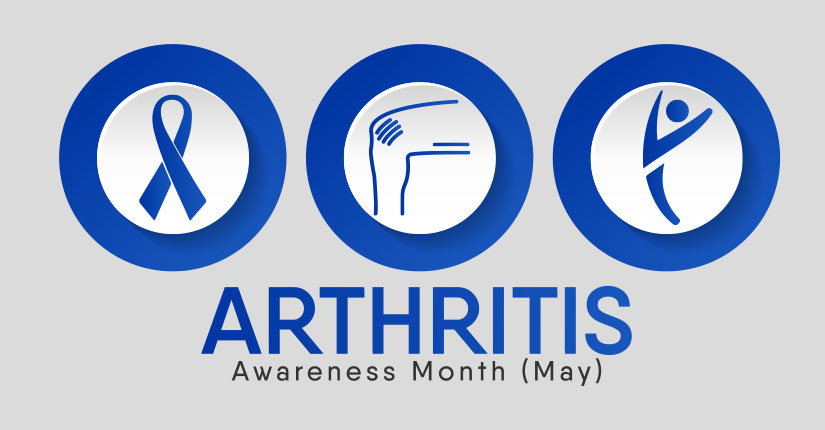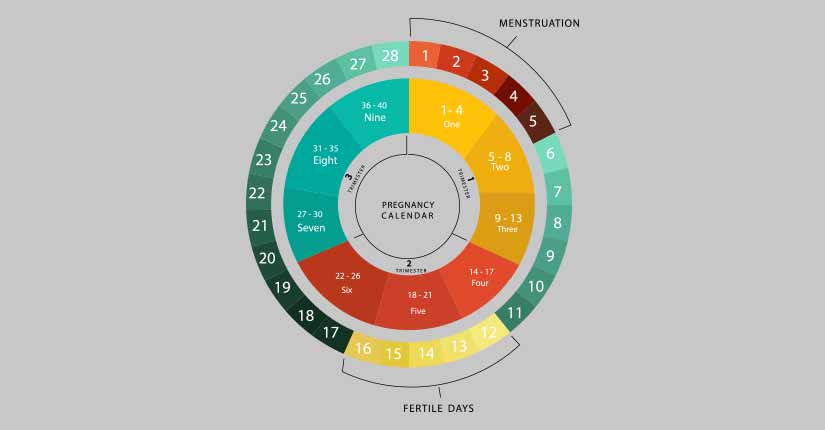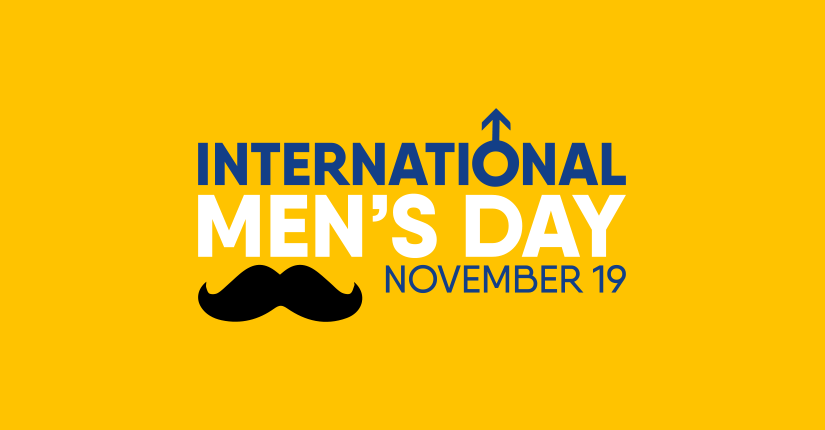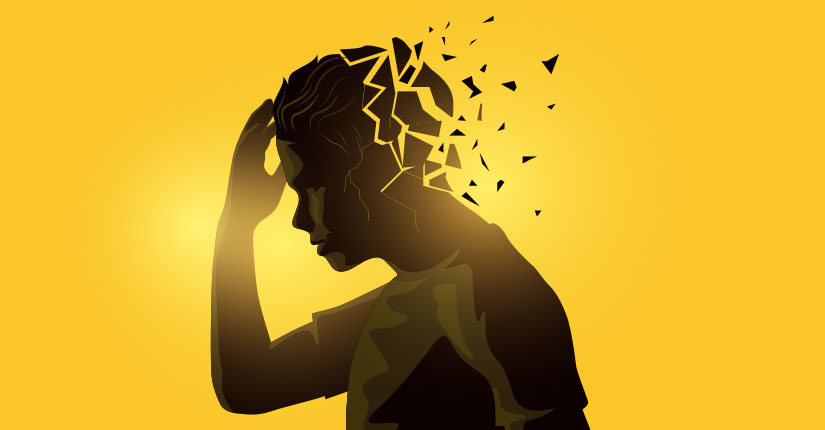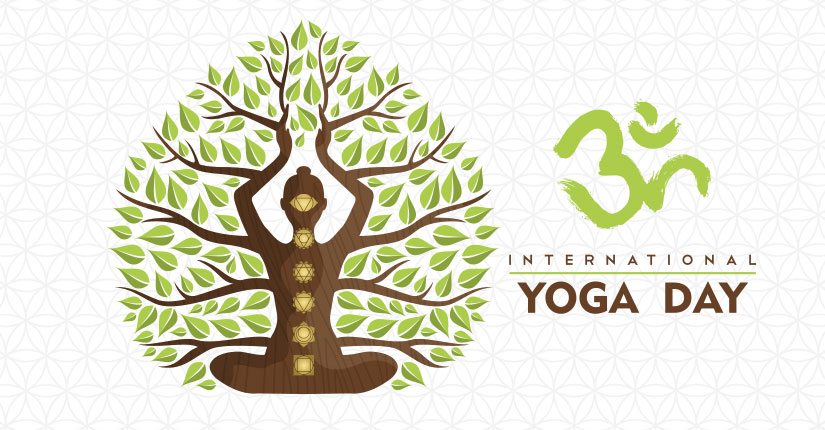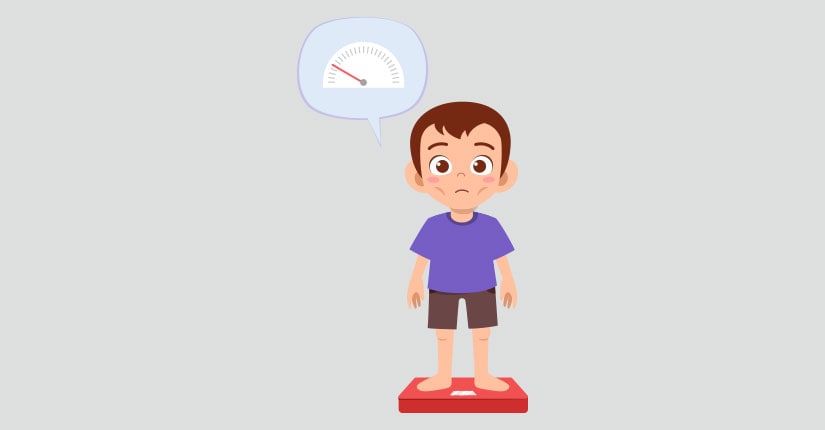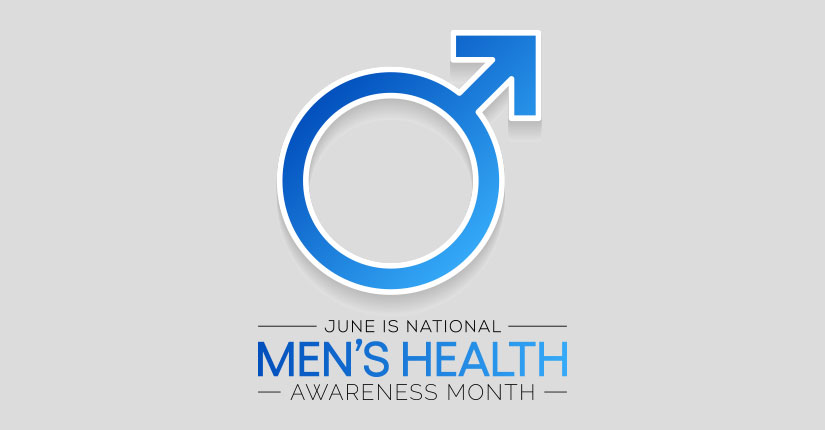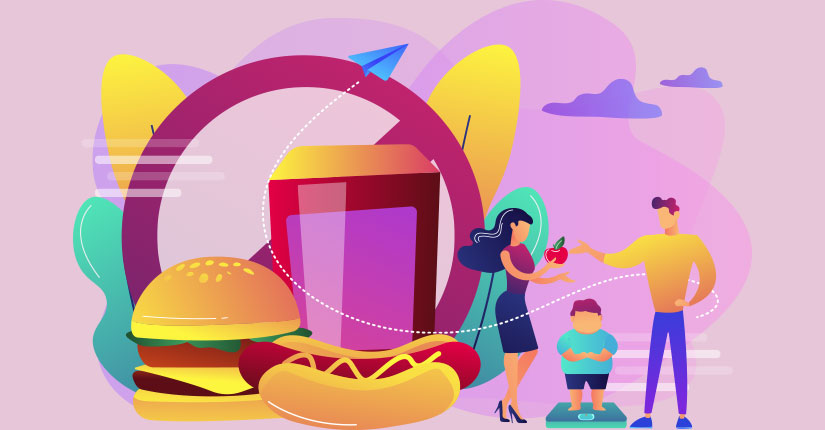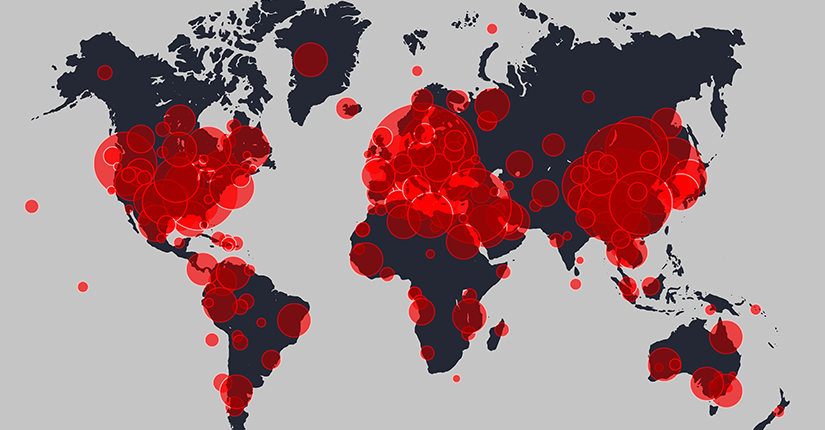Fasting for your Health – What You Should Know
By: Admin Date: 24-May 2021 Reading Time: 4 Mins

Living a healthful lifestyle, good nutrition and adequate exercise are often core pillars. Although this is certainly true, there is more we can consider regarding our relationship with food and healthy living.
Fasting is a prepared self-restraint or reduction from some or all food, drink, or both, for a period of time. Which is viewed sometimes as unhealthy, depriving, or reserved for religious reasons, short-term fasting can offer some health benefits. So, it is important to note that fasting if done should be in a proper and healthy way.
The Science of Fasting:
Fasting is an abbreviation to the body. It helps cleanses our body of toxins and forces cells into processes that are not usually stimulated when a steady stream of fuel from food is always present. When you fast, your body stops using glucose for fuel and starts to metabolize fat, helping drive blood sugar and insulin levels down, reducing your likelihood of gaining weight and developing diabetes or heart disease.
Fasting also puts the body under mild stress, which makes our cells adapt by enhancing their ability to cope. In other words, they become strong. This is similar to the process when we stress our muscles and cardiovascular system during exercise. Because of exercise, our body can only grow stronger during these processes when there is adequate time to rest and recover. That’s why short-term fasting is recommended.
Fasting for Health
The concept of fasting has been associated with a wide array of potential health benefits, including weight loss, as well as improved blood sugar control, heart health, brain function and cancer prevention which is not always true.
Some people fast as a way to lose weight while others fast to try to detox their bodies, or for religious reasons. Fasting diets aren’t all the same.
- If one is fasting to lose weight, one must reconsider that, weight loss may not last after you finish fasting.
- If the purpose is to detox your body, you should know that your body naturally detoxes itself.
Is Fasting Safe?
While fasting for a day or two is rarely a problem if you are healthy provided you don’t get dehydrated, yet it can be quite dangerous if you are not actually eating a healthy diet, or have got liver or kidney problems, any kind of compromised immune system functioning, or are on medication.
Our body needs vitamins, minerals, and other nutrients from food to stay healthy. And if the body don’t get enough, one can have symptoms such as fatigue, dizziness, constipation, dehydration, and not being able to tolerate cold temperatures. Thus, fasting too long can be life threatening.
Over to you:
Being with anything in life, what works for one person may not work for you. Always make sure to talk with your doctor before making any drastic dietary changes.
